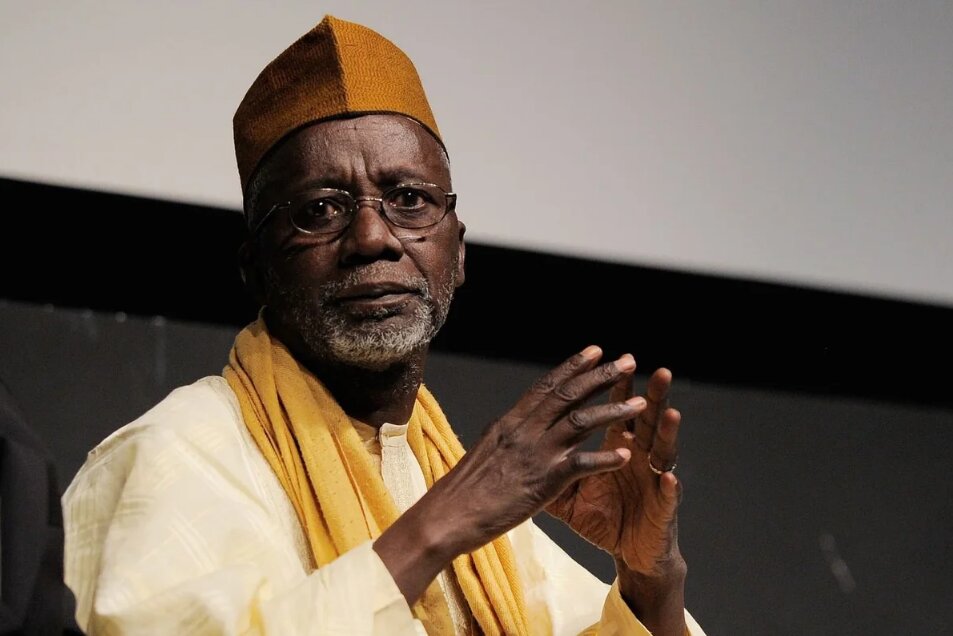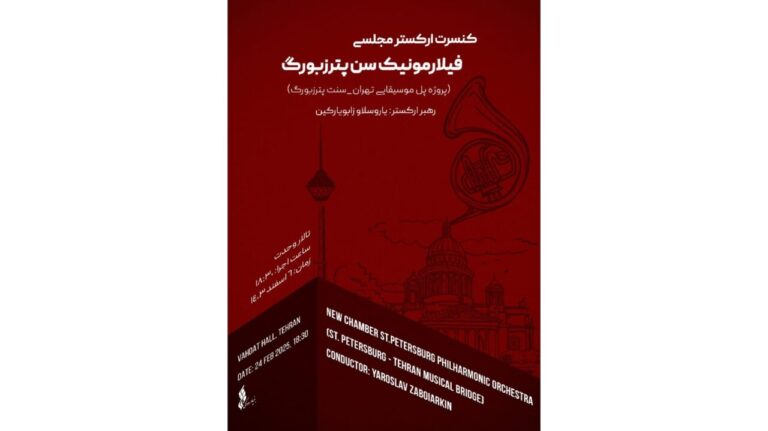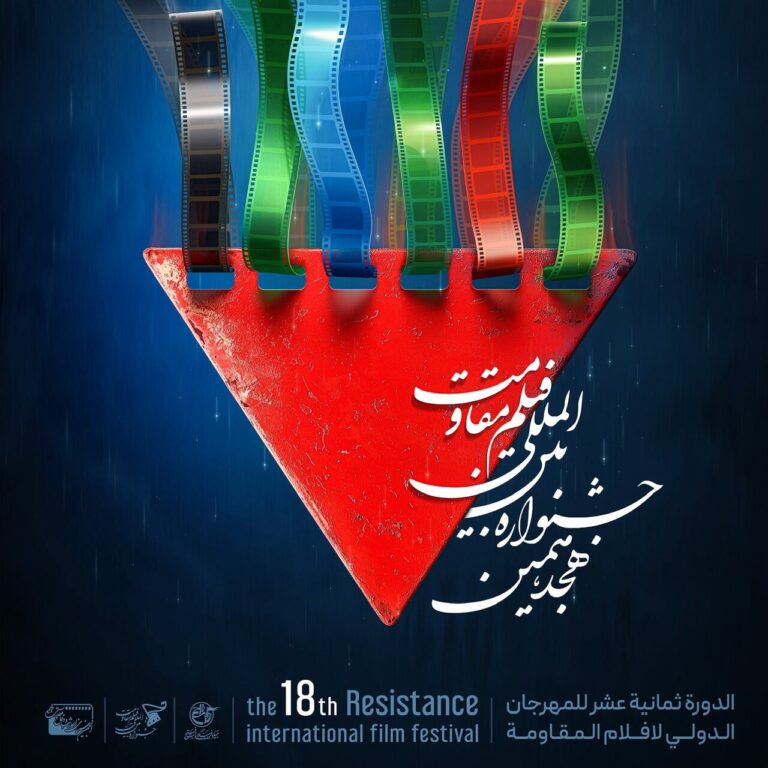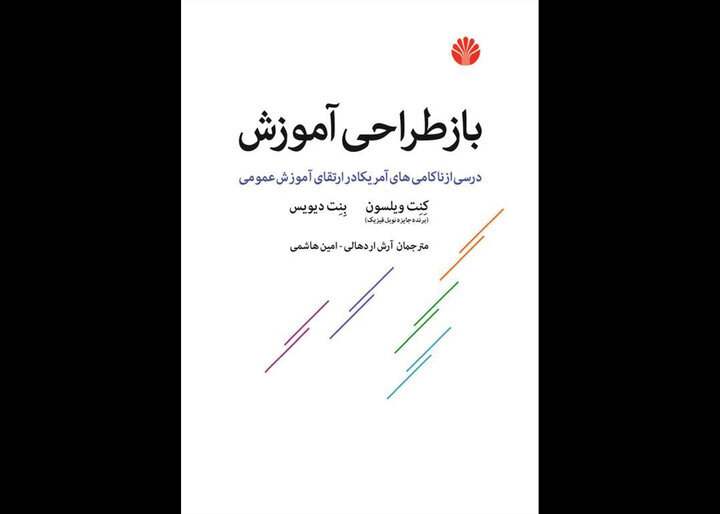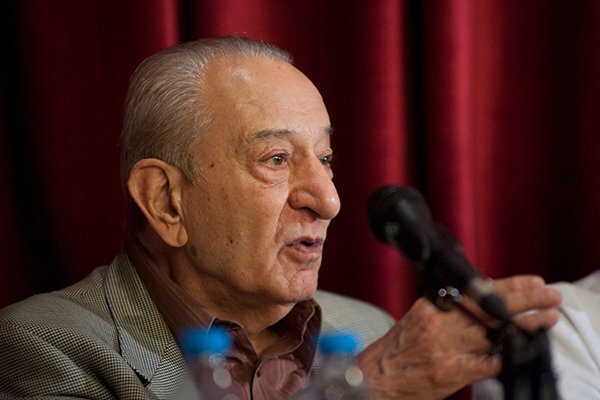Legendary Malian Filmmaker Souleymane Cissé Dies: A Tribute to His Cinematic Legacy
Souleymane Cissé, the renowned Malian film director and a foundational figure in African cinema, has sadly passed away at the age of 84. His death occurred on Wednesday in Bamako, Mali, leaving behind a remarkable legacy that has shaped the landscape of African storytelling in film.
Cissé was a celebrated participant in the 17th edition of the Iran International Documentary Film Festival Cinéma Vérité, which took place in December 2023 in Tehran. During this event, he conducted a session focused on the African film industry, showcasing his commitment to promoting African narratives and culture.
His award-winning career spanned over half a century, characterized by a deep humanism and a strong political engagement that resonated with audiences worldwide. Notably, he became the first African filmmaker to win the Jury Prize at the Cannes Film Festival, a significant milestone in the history of African cinema.
One of his most acclaimed works, “Yeelen” (also known as “Brightness”) released in 1987, is often hailed as one of the greatest African films ever made. This film exemplified Cissé’s dedication to rich storytelling that embodies the African experience.
Early Life and Career
Born in Bamako and raised in a Muslim family, Cissé’s love for cinema ignited during his childhood. His journey into filmmaking began as an assistant projectionist for a documentary focused on the arrest of Patrice Lumumba, which sparked his desire to tell stories through film. He later earned a scholarship to the renowned Gerasimov Institute of Cinematography, also known as the Moscow School of Cinema and Television.
Upon his return to Mali in 1970, Cissé joined the Ministry of Information as a cameraman, where he produced various documentaries and short films. His first medium-length film, “Five Days in a Life”, was released just two years later, marking the start of a prolific career.
Notable Works
- “The Young Girl” (1974) – Cissé’s first full-length film that showcased his unique vision.
- “Work” (1978) – This film won the prestigious Yenenga’s Talon prize at Fespaco in 1979.
- “The Wind” (1982) – A powerful narrative about Malian youth rebelling against societal norms, which earned him another Yenenga’s Talon at Fespaco in 1983.
- “Yeelen” (1984-1987) – This coming-of-age film won the Jury Prize at the 1987 Cannes Film Festival, marking a historic achievement for African cinema.
- “Time” (1995) – This film also competed for the Palme d’Or at the Cannes Film Festival that year.
Cissé’s films often explored complex themes such as military violence, the abuse of power and wealth, trade unionism, and the patriarchal constraints faced by women and youth in Bamako. His works are noted for their profound storytelling and the ability to reveal the extraordinary within the ordinary.
Legacy and Impact
Souleymane Cissé served as the president of UCECAO, the Union of Creators and Entrepreneurs of Cinema and Audiovisual Arts of Western Africa. His contributions significantly influenced the evolution of social realism in African cinema and its eventual recovery of tradition.
As a master of storytelling, Cissé preserved the mysterious aspects of life while addressing pressing social issues through his films. His unique perspective and unwavering commitment to African narratives have solidified his place as a pivotal figure in the film industry.
In conclusion, Souleymane Cissé’s passing marks the end of an era for African cinema. His work continues to inspire future generations of filmmakers and storytellers, emphasizing the importance of cultural representation in the arts. His legacy will live on through the powerful stories he told and the impact he had on cinema both in Africa and around the world.
